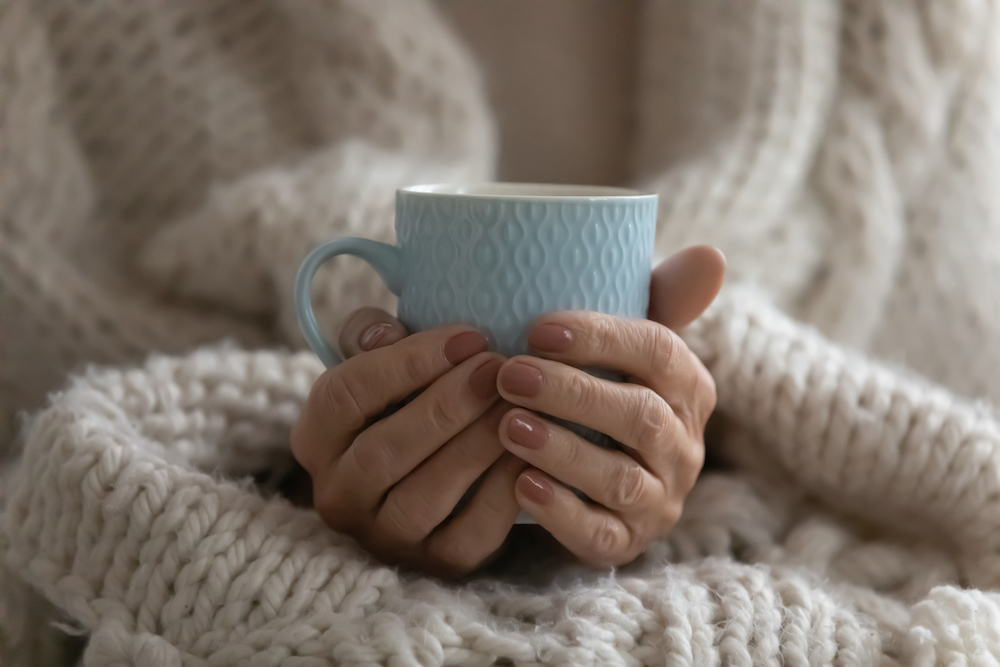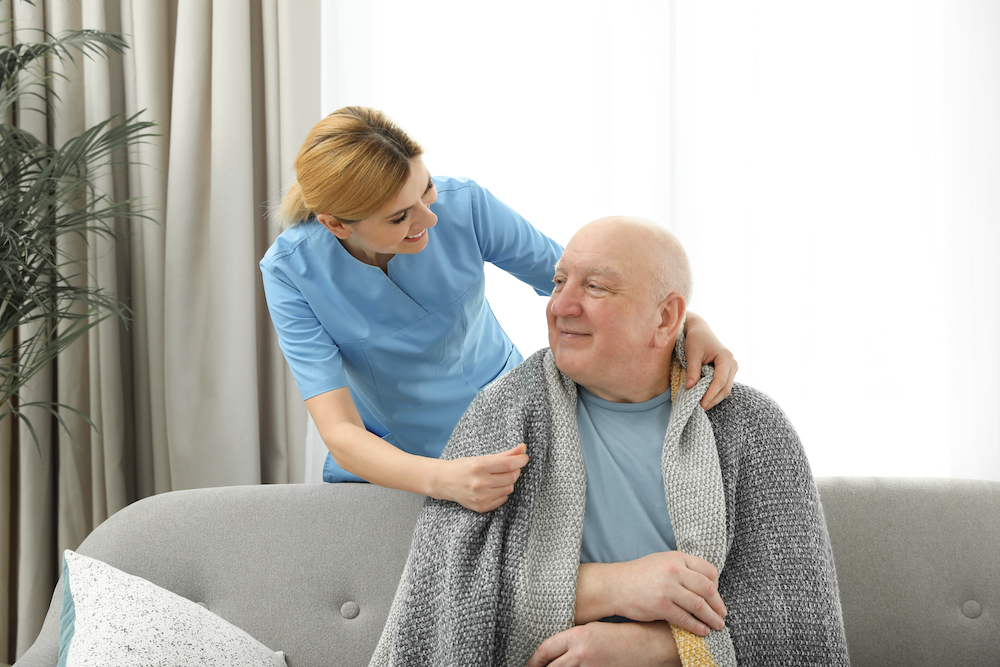It’s normal for most people in senior living apartments in Macomb to feel cold sometimes during the winter. However, if you get really cold, then that can make you sick, and that is called hypothermia.
Unfortunately for seniors, they can lose body heat much faster than younger people. Also, the changes happening in the body of an older person can make it harder for them to be aware of temperature changes. A feeling of coldness can be a huge problem before a senior is even aware of what’s happening. This serious problem is called hypothermia.
Our senior living apartments in Macomb are well equipped for handling cold weather. However, to prevent hypothermia, what you do outside is just as important as what you do inside.
Hypothermia Explained
Hypothermia occurs when your body’s temperature gets extremely low. For older people, a body temperature of lower than 95 degrees Fahrenheit can create several health issues, including liver damage, kidney issues, heart attack, and more.
Just being in a cold home or out in the cold weather can result in hypothermia. The best thing to do is avoid cold places and be aware of the temperature in your location. See the steps below to reduce your odds of catching hypothermia.
1.) Stay Warm Indoors
Staying inside of a cold building, whether it’s senior living apartments in Macomb or a house, can result in hypothermia. It can also occur in nursing homes or group facilities if the temperature in the rooms isn’t kept high enough. If your loved one is in a group facility, be aware of the temperature indoors and see what the people are wearing to stay warm.
Sick people can also have more difficulty staying warm. It’s important not to allow the temperature to drop too much inside and to dress warmer too. Even if you manage to keep the temperature in the range of 60-65 degrees Fahrenheit, the apartment or house might not be warm enough for them to safely stay in. This problem is made worse if a person is living alone since there won’t be anyone else around to notice the coldness of the home or notice you experiencing hypothermia symptoms.
The following are some ways that you can keep warm while indoors:
- Put your heat at 68-70 degrees Fahrenheit. To reduce heating costs, close doors to rooms that aren’t being used, keep the vents shut, and close the basement doors. Put something in door gaps (like a rolled-up towel) to keep out the cold drafts.
- Ensure that your windows aren’t letting any heat escape. Also, remember to check your windows to make sure that curtains and blinds are closed. If there are gaps around your windows, see if you can use caulk or weather stripping to block any cold air from coming in.
- Dress warmly on chilly days, even if you’re just staying inside. When relaxing, cover your body with a blanket and your feet with socks and slippers.
- When sleeping, wear long underwear underneath your PJs. Also, consider wearing a hat or nightcap.
- Remember to eat enough food to maintain your healthy body weight. Neglecting to eat enough can mean that you won’t have enough fat under your skin and body fat can help keep you warm.
- Drink alcohol sparingly or not at all. Contrary to what you might expect, drinking alcohol does not help you keep warm. It can actually do the opposite and make your body lose more heat.
- Ask your friends or family to check up on you during very cold weather. If you experience a power outage, try and stay with friends or relatives.
It might sound like a good idea to use a space heater. However, space heaters can be potential fire hazards, as well as possibly inflict carbon monoxide poisoning. To learn more about using space heaters, you can check out the Consumer Product Safety Commission.
2.) For Cold, Windy Days, Dress Warmly
Strong winds can easily reduce your body’s temp. Keep checking the weather forecast. On cold and windy days, keep indoors or in a warm area. If you must go outside, dress warmly and don’t stand in the cold winds for too long.
Here are some other things you can do:
- Consider the weather conditions outdoors. Is it cold, windy, chilly, wet, damp, snowing, etc.? Be sure to dress for the specific conditions.
- Layers between your clothing is actually a good thing for staying warm. That’s because the air is warm in between those loose layers of clothes.
- Wear a scarf and hat. Covering your head and neck will prevent a lot of body heat loss.
- If it’s snowing, wear waterproof clothing.
- Change your clothes immediately when they get wet or damp.

3.) Avoid These Hindrances to Staying Warm
Certain conditions might make it more difficult to keep the body warm.
- Thyroid issues can make keeping a regular body temperature difficult.
- Diabetes can hinder the flow of the blood that helps keep your body warm.
- Arthritis and Parkinson’s disease can make it harder to stay out of the cold, wear more clothing, or cover up with a blanket.
- Memory problems can result in someone going outdoors without wearing clothing appropriate for the cold weather.
Be sure to consult with your primary caregiver regarding any health issues you may have and ways that you can prevent hypothermia.
There are also some medications that can affect body heat. For example, with certain medicines, not keeping physically active can cause your body temperature to drop faster than normal. These can include medications from your doctor as well as from over-the-counter. Cold medicines are a common culprit. So be sure to ask your doctor if it’s ok for your body heat to continue or stop a certain medication.
Here are a few other things you can talk with your doctor about regarding cold weather safety:
- Ask what the signs of hypothermia are.
- Talk about any health issues such as those listed above or any medicines that may inadvertently worsen hypothermia. They will be able to help you find the means to prevent it.
- Talk about safe methods of staying active outside even when the weather is cold.



